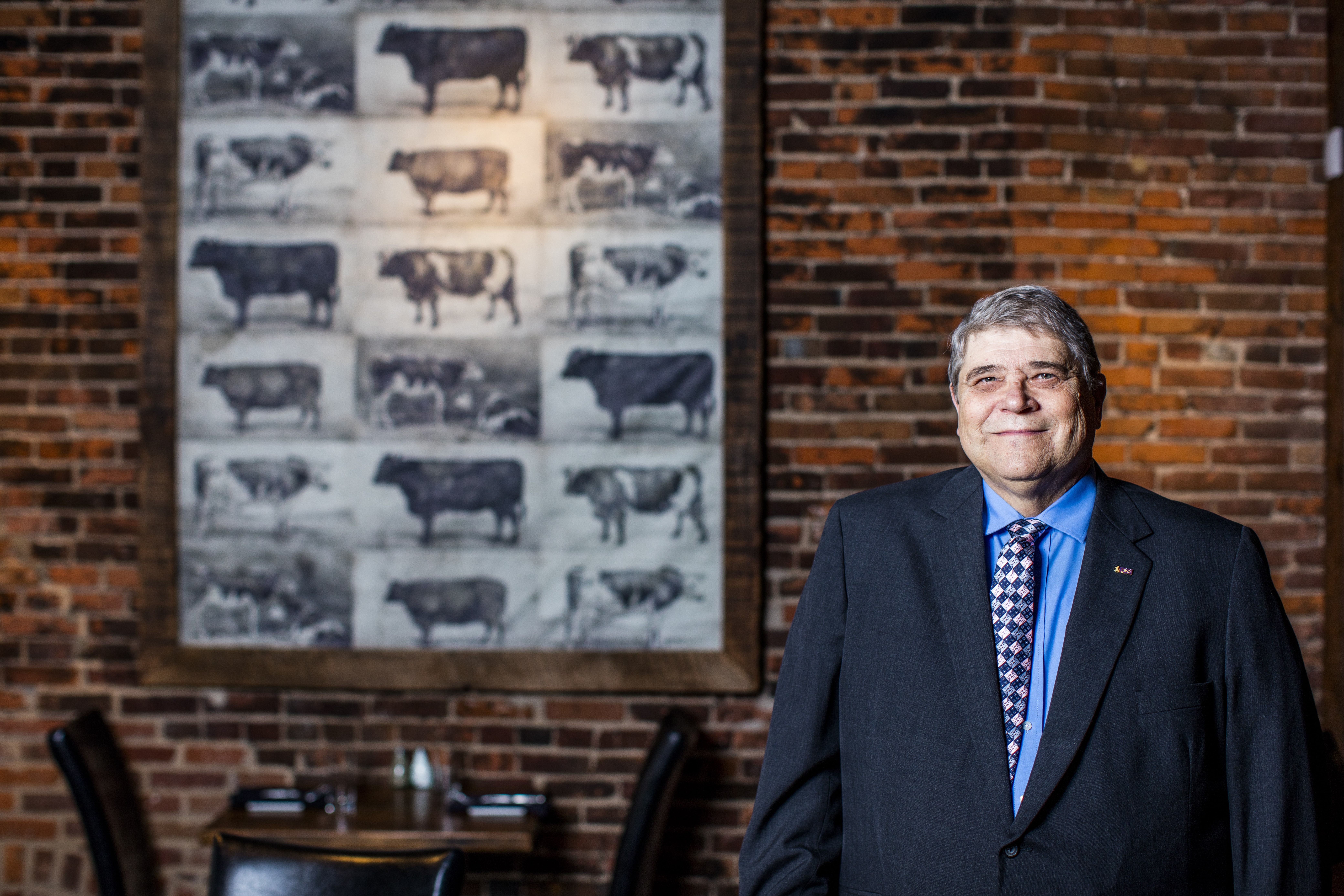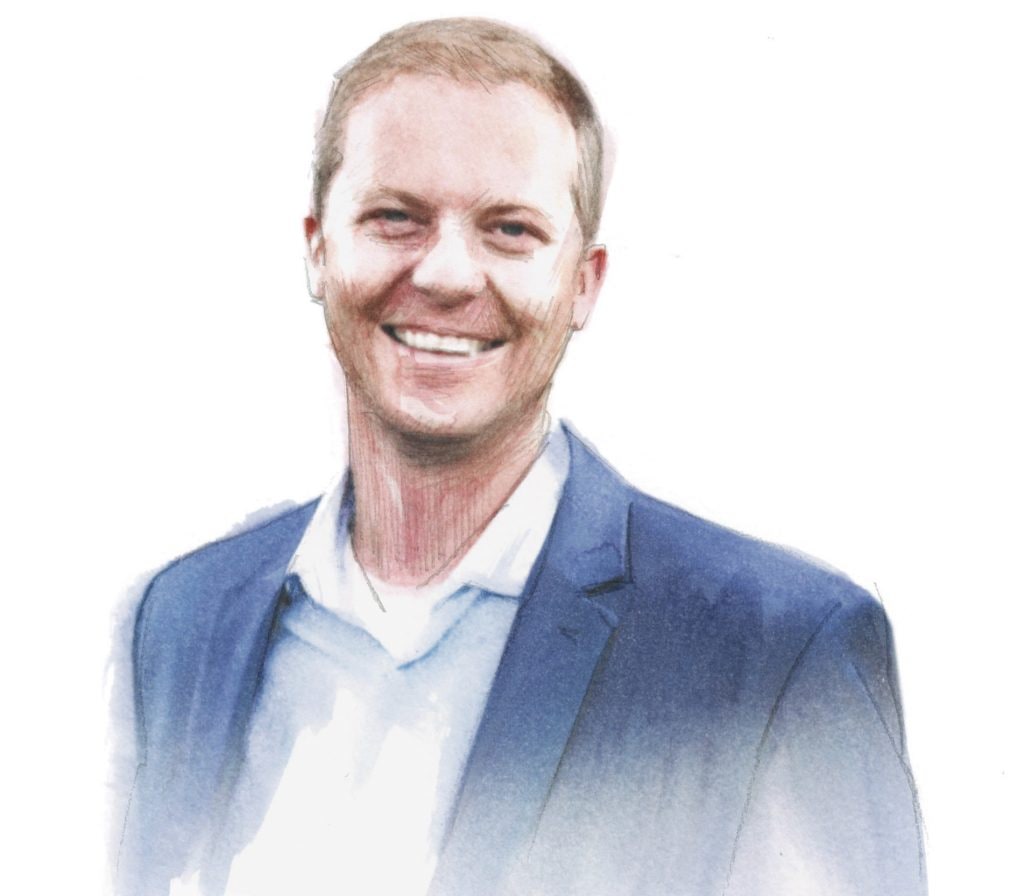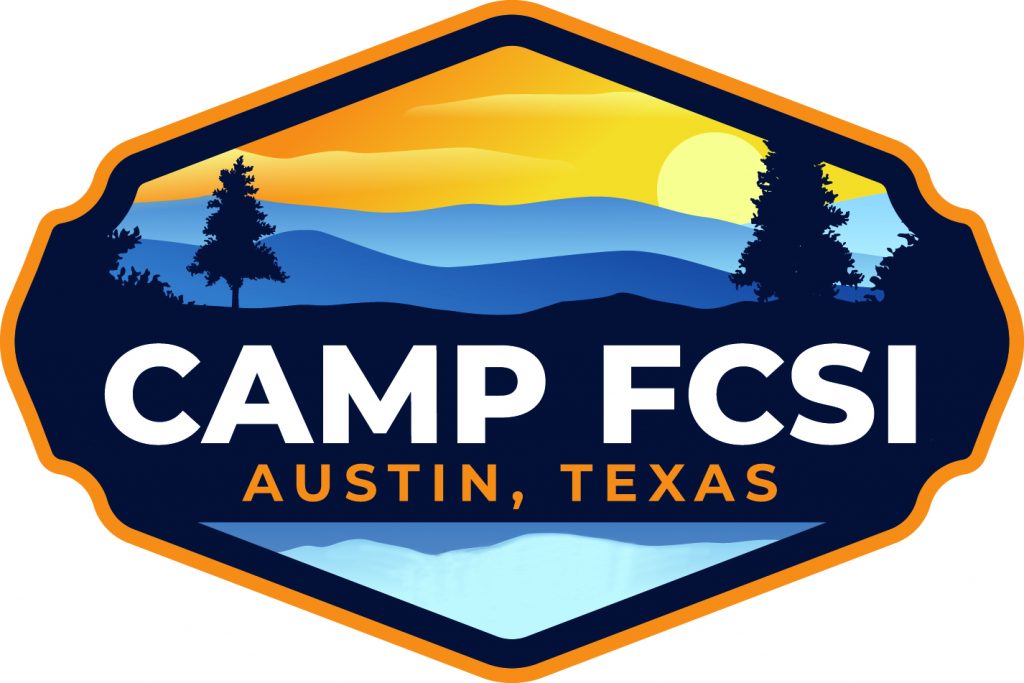
I have known Ed Norman for over 10 years and have interviewed countless professionals in our industry, so I figured this article would be a breeze.
Actually, it proved more challenging. And this has nothing to do with Ed Norman’s worthiness; quite the contrary. It’s simply because he doesn’t like to talk too much about himself. He’ll gladly talk about son and business partner Eric, son Ryan (corporate executive chef/regional culinary manager at Alto-Shaam), and the rest of his family, but he’s not one to voluntarily cough up a ton of information about himself. Norman graduated from Iowa State University in 1970 with a degree in foodservice management. “I always wanted to be a consultant, but I leaned toward the management advisory side. My college professors encouraged me to get into design,” he says.
Norman spent seven years after graduation managing a high-volume restaurant buffet operation until he married Deb and started a family. The six-days-a-week job was taking a toll on his growing family and Norman wanted a change.
Setting out on his own
After a spell with another civil and manufacturing software design firm (where he found himself a self-taught AutoCAD operator), Norman decided, age 45, to go off on his own. He moved into consulting. His operations knowledge provided him with a strong management advisory services (MAS) perspective – and also a design view having had exposure to many operations.
Norman set up MVP Services Group. The MVP part of the name comes from a three year business involvement in Mississippi Valley Purchasing Co, a buying group that provided goods and services for over 350 restaurants. Norman found he could not continue as both a consultant and an operations manager so he sold his shares in the buying group, but kept MVP as part of his company name. MVP could also stand for “most valuable player”, and friends and colleagues would agree the name embodies Norman himself.
In the first couple of years, Norman pounded the pavement, cold calling architectural firms and scheduling meetings to promote his services, make connections and build his client base. His first client came from an architectural firm who called three months after meeting him, asking for final construction drawings, specs and equipment cut sheets in just four days. “I worked all weekend to get it all done,” Norman says. “I had to call in an architect friend to assist me, last minute, with the drawings. It was a baptism of fire.”
Son Eric, then in high school, would help on client projects, update catalogs and perform other administrative tasks. He joined the company full time after graduating from college. Norman focused on growing his business the traditional way – with a solid reputation for consistency, hard work and responsiveness that paid off in many word-of-mouth referrals.
Bigger and better
“Every job we did seemed to be one success after another,” Norman says. “Projects started getting bigger, better and more challenging. We were fortunate to be given opportunities to elevate our work and become more diversified over the years.” Norman estimates that MVP Services Group was about 80% design, 20% MAS over the years, but all the MAS work would ultimately be incorporated into the final design. Again, those years spent in kitchens helped. Norman would focus on concept, operations, labor capabilities and menus – and all that would drive kitchen design. “We spent a lot of time and effort on the front end before designing,” Norman says. “We didn’t make assumptions and asked a lot of questions. That has really resonated with our customers over our 20 years in business.”
While the Normans have completed successful projects in all segments of the industry, they have a reputation for being the go-to consultancy when it comes to the K-12 school foodservice sector. Roughly half of the firm’s business is with K-12 facilities, but Norman has also worked on six airport facilities, multiple bars and restaurants, several B&I outlets, a factory’s culinary training kitchen, hospitals, hotels, non-profits, college student centers and even some correctional facilities.
One big project was working on the Wellmark Blue Cross Blue Shield offices in Des Moines, Iowa. It is the biggest LEED platinum office building in the world, and the Normans were tasked with sourcing the most energy-efficient equipment they could. They scored some major LEED credits for installing a top-of-the-line hood system as well as waste reduction equipment – including a Somat dehydrator that turns food scraps into soil amendment – at a time when waste management was a relatively new term. The team also installed water-saving equipment and focused on state-of-the-art refrigeration systems.
Smart kitchens
Then, in 2009 the Normans landed a project to design a new “smart” training and serving kitchen in the dining room at Kendall College in Chicago. “We worked with Chris Koetke, then the dean of culinary,” Norman says. Not only were there many design challenges, but also a lot of MAS ones because of the narrow bays and specific requirements for the kitchen.
The team designed a kitchen with an entire open window so diners could see the students at work, and they implemented many custom suites. Even on a modest budget, they were able to build an innovative energy management system with Halton, where projectors show the energy usage of the hood and other kitchen equipment for the students to observe and compare.
All of this satisfied Kendall’s sustainability goals at a time when only a handful of colleges and universities were focusing on energy, waste and water management. It was a portfolio-boosting project that I, a Kendall student at the time, was able to enjoy. To this day, the kitchen is a model for culinary schools around the country.
MVP Services Group was also hired to conduct an energy and water efficiency study for the 2,100-inmate prison at Fort Dix in New Jersey as part of a government-funded project. They did a complete audit of the laundry facility as part of an overall sustainability study to determine if the project should switch to a more central approach. Again, this was during the early 2000s when “sustainability” was just becoming a buzzword.
Planning for the future
Four years ago, Norman and his son Eric traveled to Moscow on a double consulting assignment. They provided training to a large dealer and presented to 25 young designers looking to understand how foodservice consultants and designers operate in the US. The Normans also provided a full education on commercial foodservice equipment. They also worked with Torro Grill, a chain of six steakhouses, to determine if they could be scalable for expansion in the US and Europe. The Normans studied labor costs, food costs and other operational aspects of the business to help them put together a plan.
Another big project was the $30m renovation of a high school in his hometown, Dubuque, a limestone building from the early 1900s. In keeping with the historical beauty of the building, Norman had to consider interior design as well. He worked with the architect to install floor-to-ceiling windows in the servery so students could look out into the school’s courtyard, the city, the river and beyond, as well as nice finishes to make the space feel more like a college or university than a high-school cafeteria.
The team also implemented plenty of plug-and-play equipment like hot/cold wells and flattops into the space so the school could change its menu as needed. “With school projects, the kitchens will likely be untouched for the next 30 years so we like to specify flexible equipment that’s built to last, but also leaves room to grow and change,” Norman says.
Perhaps the most significant event in the last year, however, was MVP Services Group’s merger with Clevenger Associates. Now, transitioned as Clevenger Associates Midwest, Norman will continue his role as both an MAS and design consultant as the firm looks to expand into all foodservice industry segments.
He will hand the reins over to Eric when the time comes to retire. “Eric and I always knew he would buy me out as I neared retirement, but we realized that, as a two-man company, he would be faced with a huge challenge trying to do everything by himself,” Norman says.
The importance of FCSI
Ultimately, it was FCSI that allowed the Normans to foster the relationship with Clevenger Associates that would lead to this merger. To say Norman is an active member of FCSI is an understatement. For 20 years, he has served in a variety of roles, from director and president of the Educational Foundation from 2005-2007, and later, from 2010 to 2012, serving as chair of The Americas Division. In 2013, Norman was president of FCSI Worldwide.
“Ed Norman was invaluable in moving the Americas forward during a rough period back in 2010, and he was again instrumental in facilitating change at the FCSI Worldwide level over the past few years,” says Wade Koehler, executive director of FCSI The Americas Division.
“He continues to help elevate the status of our association by promoting FCSI.” Not only is Norman a great FCSI ambassador, he has also served as a mentor to many of the newer consultants, Koehler CAE adds: “Ed always takes time out to talk to newer consultants answering any and all questions, and serves as a powerful voice to the manufacturing community as well,” he says. Norman was made a Fellow of FCSI in 2017.
Norman says he’s valued his FCSI involvement, not just for the networking, but also for the many friendships he has made over the years. “Unless you are active in the association, you don’t know what you get out of it,” he says.
He spends any free time with his three grandsons and still keeps up his active racquetball schedule. He also enjoys golfing with Deb. One day, when he retires, he hopes to drive cross- country with her. But that won’t be any time too soon. His clients – and FCSI – will benefit from that.
Amelia Levin
Picture: Narayan Mahon




